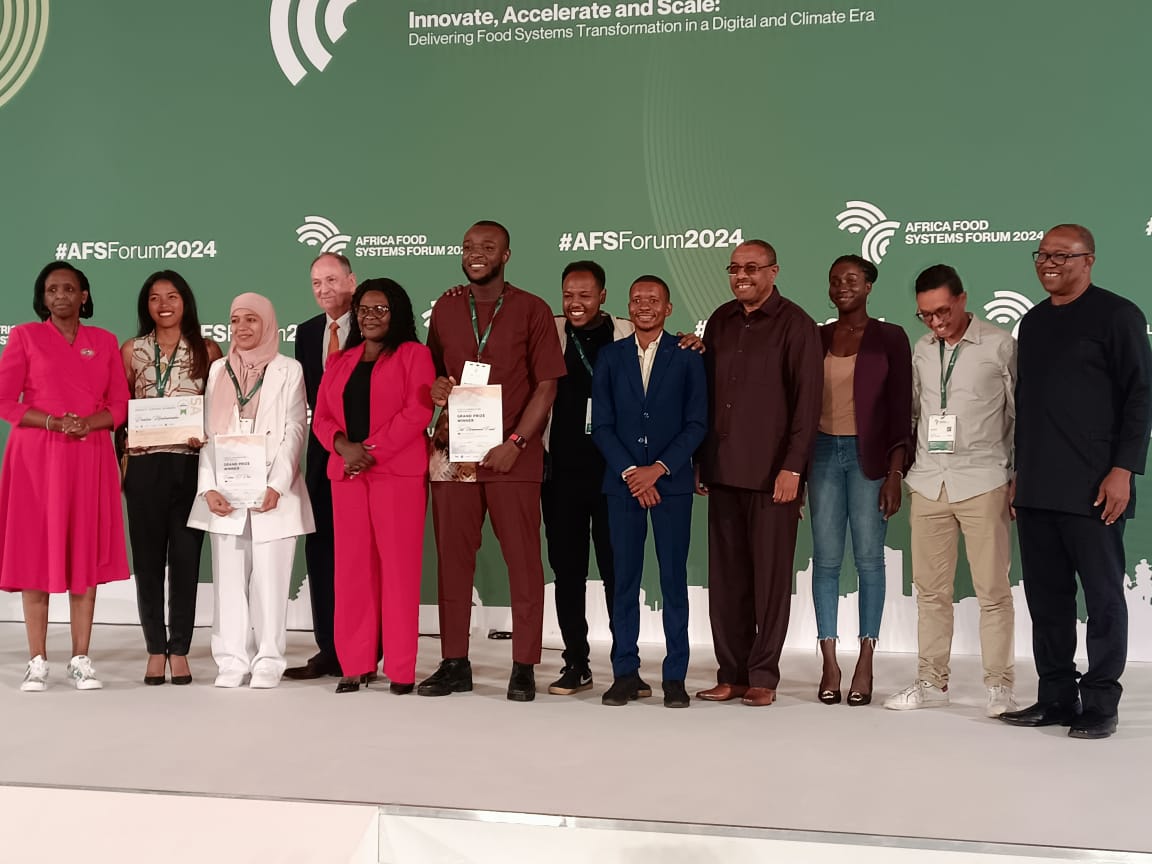by Akimm
“Peter Obi, a former presidential candidate, emphasizes the need to address food insecurity in Africa, stressing its direct link to human insecurity. He previously took to his Twitter page https://x.com/PeterObi/status/1832076103365922919?t=V34VXwJEKgQzvmkx_m_rkA&s=19to highlight the importance of prioritizing food security, underscoring the critical role it plays in ensuring the well-being and stability of individuals and communities across the continent.
“Peter Obi participated in the Africa Food Systems Forum 2024 in Kigali, Rwanda, where he reaffirmed his stance that food insecurity is deeply connected to human insecurity in Africa, emphasizing the need for a comprehensive approach to address these intertwined issues.
sing Nigeria as a case study, he highlighted that tackling food insecurity is crucial for achieving overall national security. By boosting agricultural productivity and investing in food-related sectors, Nigeria can simultaneously address hunger and create numerous job opportunities for its large unemployed population, particularly young people in their prime working years.
He stated that Decreasing our dependence on imported food will alleviate pressure on our currency, stabilize exchange rates, and curb inflation caused by high food prices, leading to greater economic stability.

To illustrate the vast untapped potential in Nigeria’s food production, consider that Bangladesh, a country with a land area roughly one-sixth the size of Nigeria’s, produces an impressive 35-40 million tons of rice each year, despite having approximately 148,000 square kilometers less land than Nigeria’s 923,768 square kilometers.
Nigeria’s rice production stands at a mere 3-4 million tons, a fraction (around 10%) of Bangladesh’s output, illustrating a stark contrast. This disparity mirrors the broader African scenario, emphasizing the vast untapped potential of the continent’s agricultural sector and the urgent need for investment to bridge this gap.
He also stated that if we effectively address food insecurity in Africa, we can have a transformative impact, driving human security and broader development. Strategic investments in agriculture and food systems can yield a triple dividend which can also generate employment, reducing poverty, and eradicating hunger. Moreover, a thriving food sector can supply raw materials for processing industries, creating even more job opportunities and stimulating economic growth.

By adopting sustainable agricultural practices and enhancing value chains, we can achieve food security, empower communities, and stimulate economic growth, leading to a more prosperous and secure Africa. Prioritizing food security is crucial to unlocking the continent’s potential and addressing human insecurity. Peter Obi’s vision is to create a self-sufficient Africa, where strategic agricultural investments drive economic stability, job creation, and enhanced security. Electing him in 2027 could be a transformative step towards unlocking Africa’s agricultural potential, reducing reliance on imports, and promoting sustainable development, ultimately breaking the cycle of food insecurity and human insecurity
Addressing food insecurity is vital for Nigeria’s overall security and development. Investing in agriculture and food productivity can have far-reaching benefits, including:
- Job creation for unemployed youths
- Reduced reliance on food imports
- Economic stability through steady exchange rates and reduced inflation
Nigeria has significant untapped potential in food production, as evident from the comparison with Bangladesh. By addressing food insecurity, we can.
- Enhance human security and overall development
- Create jobs, reduce poverty, and tackle hunger simultaneously
Adopting sustainable agricultural practices and value-chain improvements can
- Ensure food security and empower communities
- Drive economic growth and development
Prioritizing food security is crucial to unlocking Africa’s potential and addressing human insecurity. The ultimate goal is to create a self-sufficient Africa that feeds itself.


















